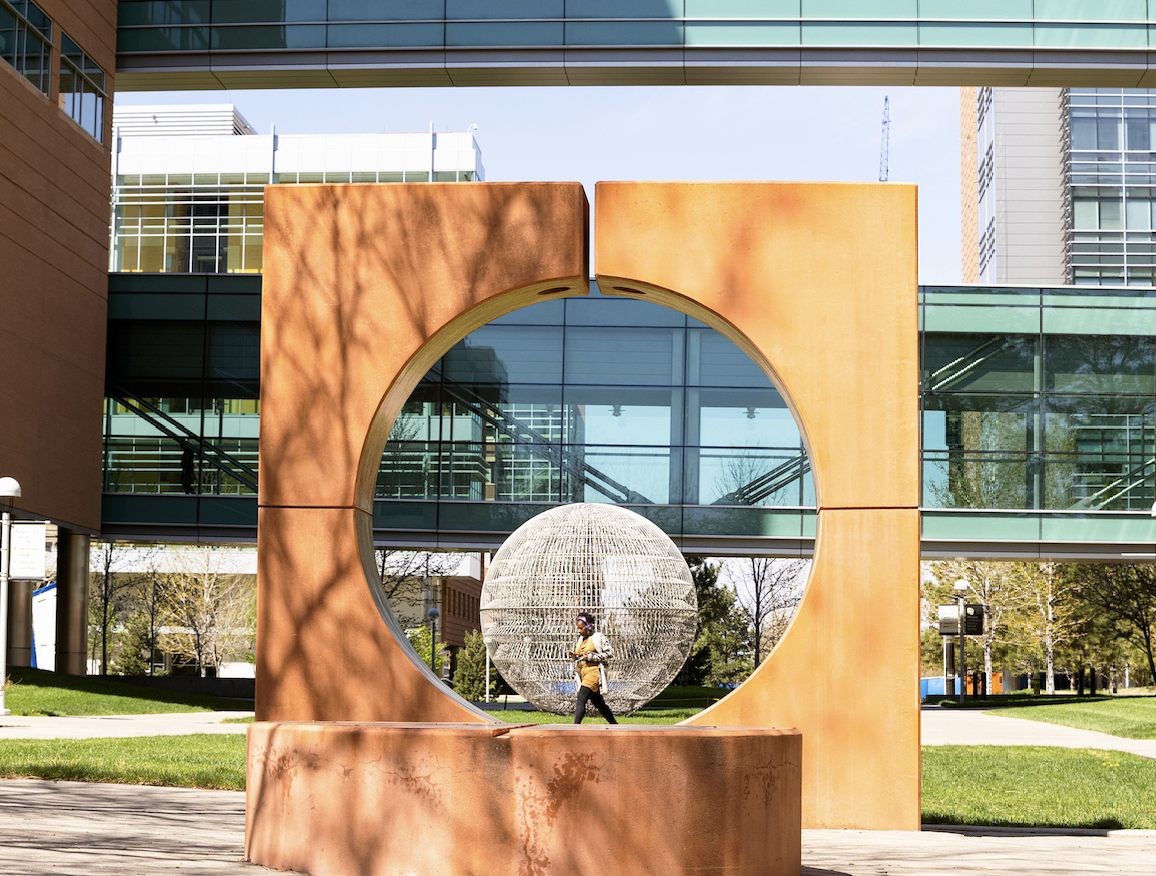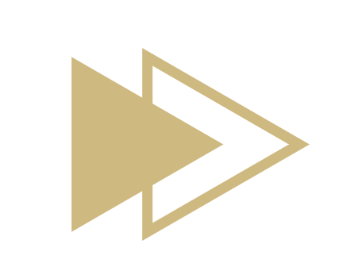Wellness in the CU Anschutz Department of Medicine
The CU Anschutz Department of Medicine is dedicated to supporting the well-being of our faculty, staff, and trainees. Through focused efforts, we aim to foster a thriving, wellness-centered culture by identifying key leadership qualities and addressing barriers to well-being. Our mission is to create a supportive environment where everyone can flourish.

Our Mission

To promote and support mental, physical, and emotional wellness for academic medical professionals through comprehensive, accessible, and sustainable wellness initiatives that enhance both individual and institutional success.

Our Vision

To foster a culture of well-being in the department of medicine, where all individuals feel supported, valued, and empowered to achieve optimal health, balance, and professional satisfaction.
Strategic Pillars of Wellness
